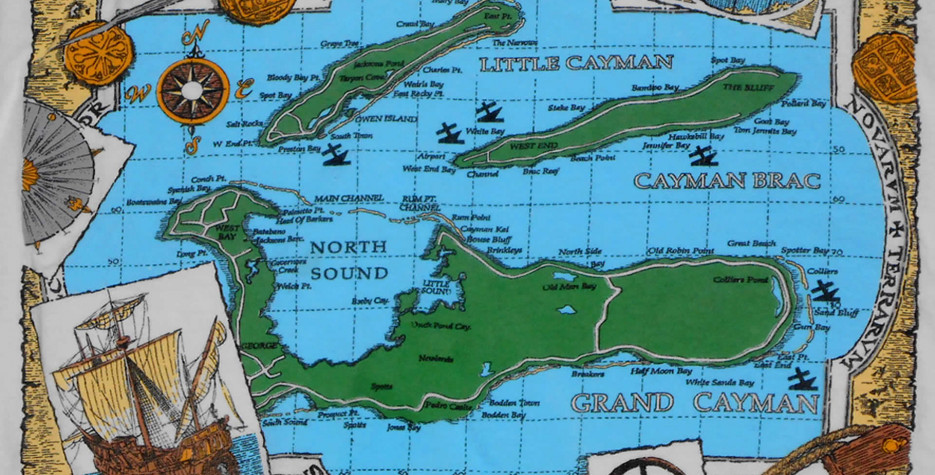In November 2023, the government of the Cayman Islands announced that Emancipation Day would be formally recognised and reinstated in May 2024, replacing Discovery Day as a public holiday.
The public holiday is observed on the first Monday in May. Other Caribbean nations celebrate Emancipation Day in August. The Cayman Islands celebrates in May as there was no mandatory apprenticeship for freemen. This is due to slave owners not registering with the British government.
The day was previously observed in the Cayman Islands but was replaced with the Constitution Day holiday by the Legislative Assembly in the 1960s. The reinstatement of this day as a National Day of Observance is the year-long culmination of research and examination of a number of concerns related to Cayman’s cultural heritage, officials have said.
In a press release about the decision the Ministry of Youth, Sports, Culture and Heritage said it had established a task force to facilitate discussions, collect data, research and examine existing policies to address concerns about the decline in the significance of local culture. While previous governments have sought to distance the country from the slave-owning history here as well as the emancipation and its impact on the cultural identity PACT has taken a different approach.
In September 2023, the Ministry presented its findings and submitted Cabinet Papers regarding the issues of Cultural Identity and Emancipation Day, highlighting the pressing need to preserve traditions and restore a missing piece of history.
With Cabinet’s approval, this reinstated holiday will now be commemorated on the first Monday in May replacing Discovery Day from 2024 onwards rather than adding to the list of public holidays.
“The decision to celebrate this holiday in May is in recognition of Cayman’s unique history with emancipation,” officials stated. “Records of the Cayman Islands and accounts of the vibrant and celebrated occasion, especially in Bodden Town, the first political capital of the Cayman Islands, clearly indicate the commemorations of Emancipation Day on May 5th 1835, when Captain Anthony Pack, 84th Regiment of Foot and Colonel in Chief of the Militia of the Cayman Islands, read a Proclamation to the assembled inhabitants of Bodden Town, both black and white.”
Bernie Bush, minister of culture and heritage said the reinstatement and the recognition of Emancipation Day marked a significant step towards honouring Cayman’s unique history and cultural heritage. “This decision not only pays tribute to our ancestors’ struggles and triumphs but also invites our community to connect with the profound roots of our cultural identity,” he said. “It is an opportunity to learn, remember, and celebrate our remarkable journey.”
The reinstatement of Emancipation Day, officials believe, will provide a significant tie to the country’s history and provide context to commemorations and a direct link to ancestors and the values which they epitomized.
Historical records and theoretical papers from Caymanian cultural stewards show that Emancipation Day was celebrated well into the 20th century and boasted vibrant celebrations in Cayman’s first capital Bodden Town.
The Cayman Islands observed Emancipation Day in 1835 — the year Captain Anthony Pack read the proclamation in Bodden Town. Leaders replaced the celebration with Constitution Day in the 1960s. Legislators revisited the holiday in late 2022, and in 2023, they moved forward with reinstating it.
Grand Cayman was the only island of the three that had institutionalized slavery. Although slavery was instituted, Grand Cayman did not have violent slave revolts. In 1802, the population of Grand Cayman stood at 933 people more than half of which were slaves. According to the National Museum, by the time slavery was abolished, there were over 950 slaves owned by 116 Caymanian families.


